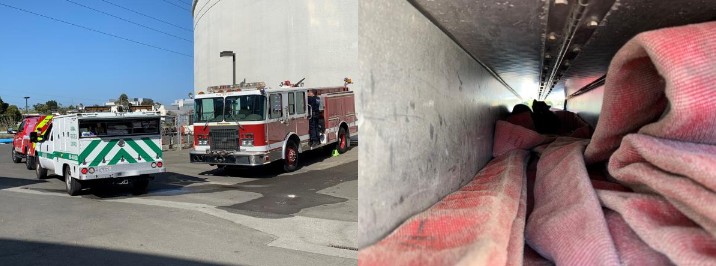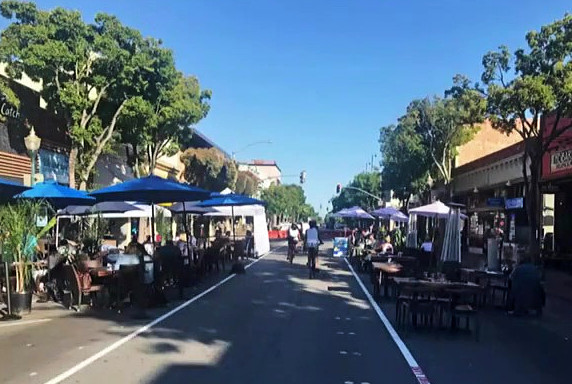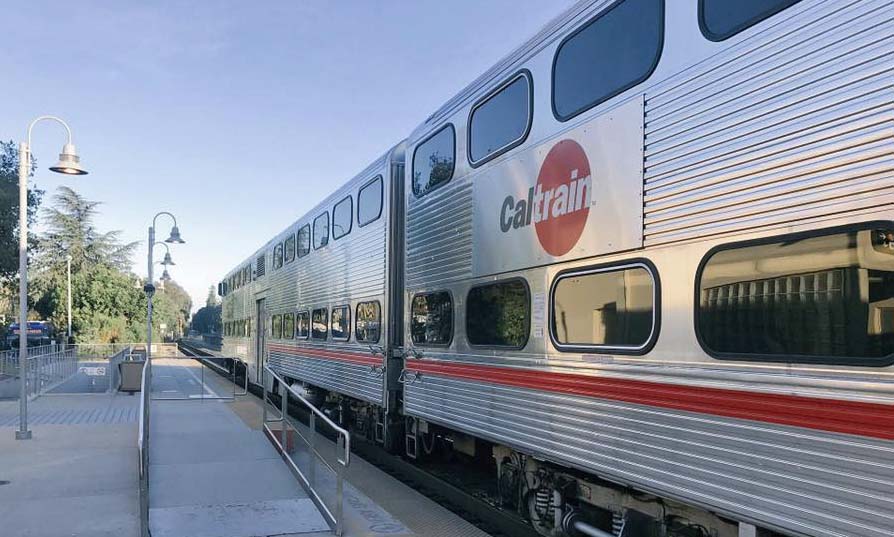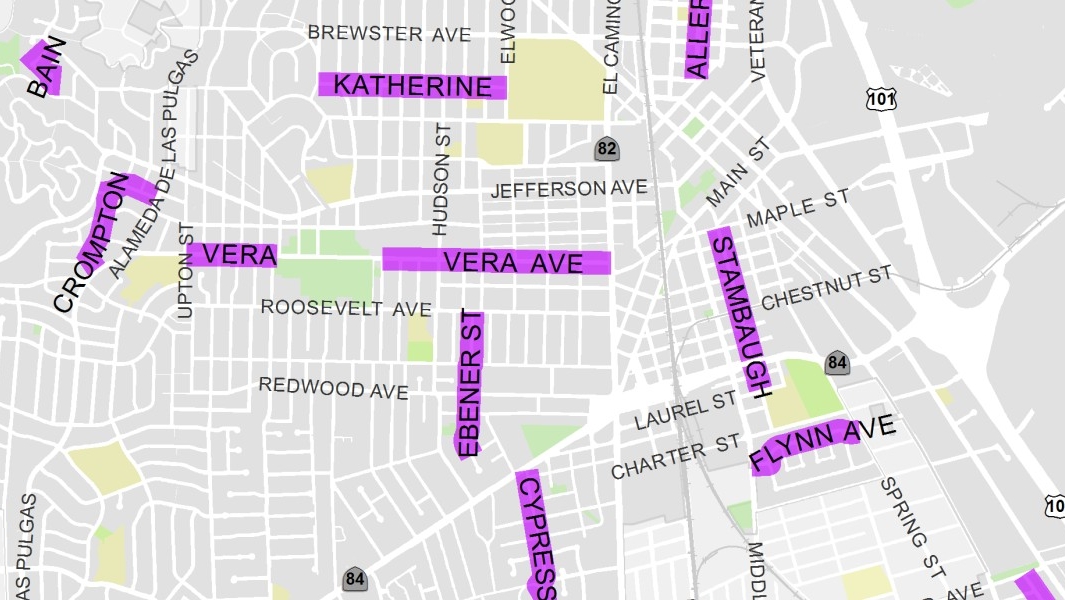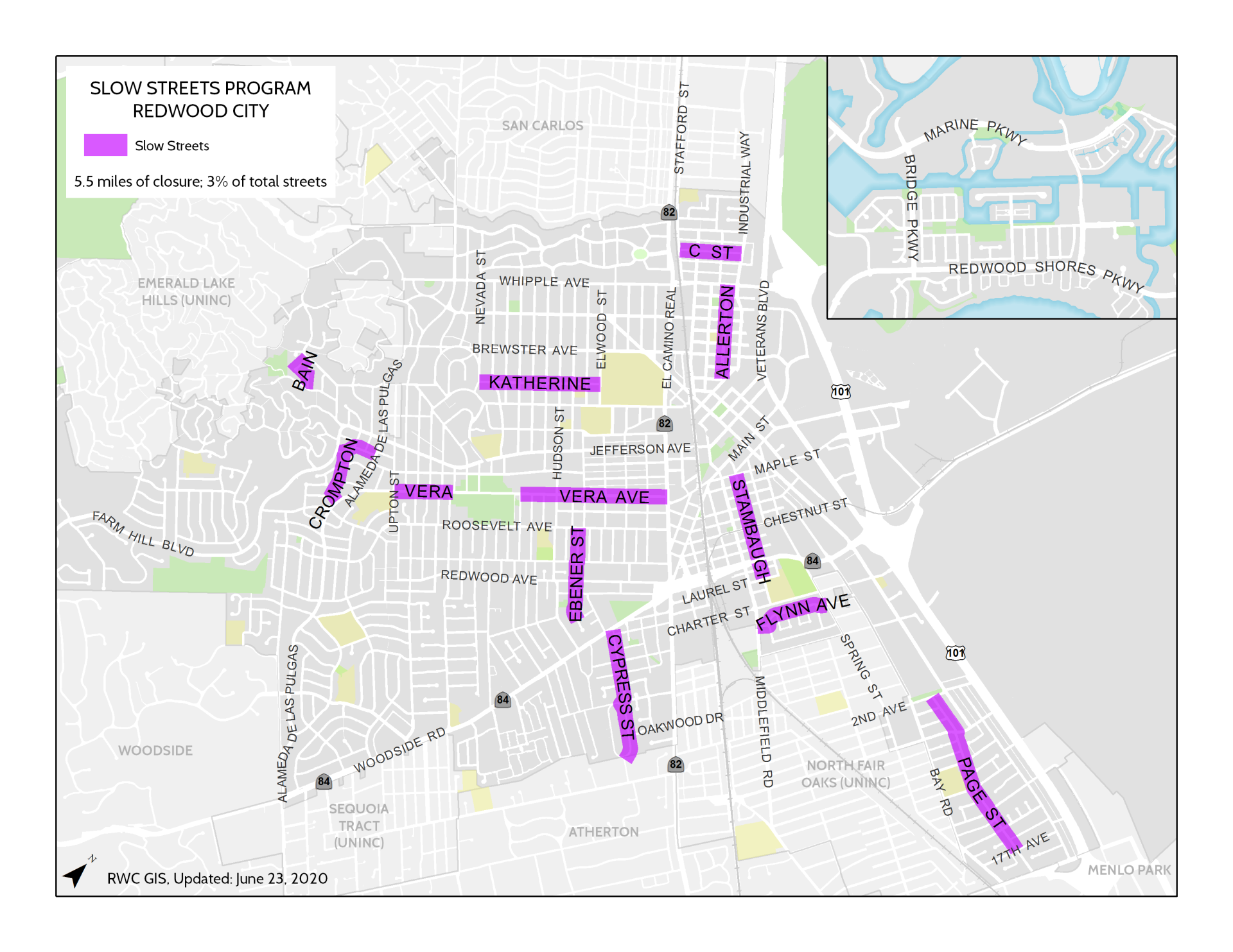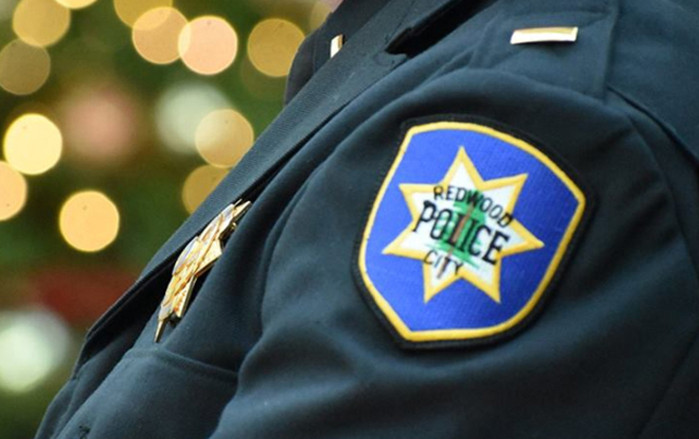PHS/SPCA: Kittens discovered in fire engine truck compartment
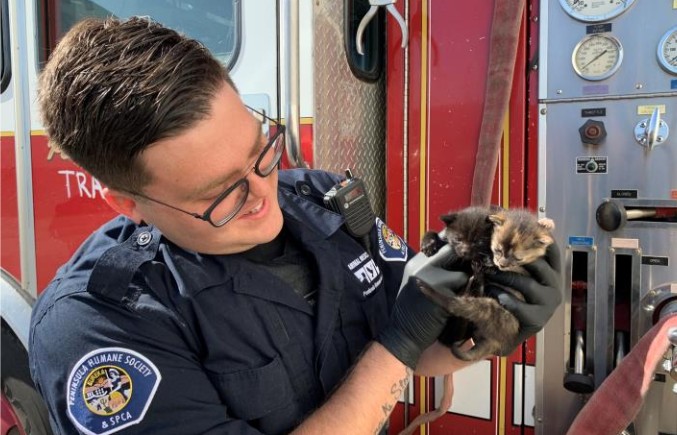
Five kittens found living inside the hose compartment of a fire engine truck at a Foster City training facility were safely rescued, the Peninsula Humane Society & SPCA (PHS/SPCA) announced Monday.
The PHS/SPCA received a call from the San Mateo Consolidated Fire Department about the kittens discovered at the fire academy in Foster City.
“With the ability of fire department staff, we were able to safely rescue all five of the little kittens from the engine,” PHS/SPCA spokesperson Buffy Martin Tarbox said.
The kittens, estimated to be about three to four weeks old, were taken to the PHS/SPCA for evaluation and treatment. Until they’re old enough for adoption, they’ll be placed in a foster home with a PHS/SPCA volunteer.
“The mom was no where to be found, and it was unsafe to leave the kittens tucked in the hoses of a fire truck engine,” Tarbox said. “The kittens appear to be in good health, and it’s a miracle they were found before the truck was used for fire safety training courses.”
The PHS/SPCA rescues more than 5,700 animals in a year.
Photos credited to PHS/SPCA
